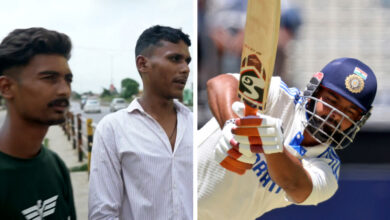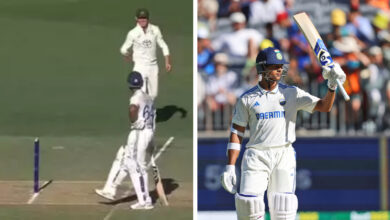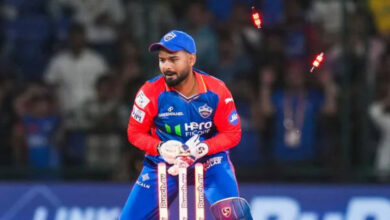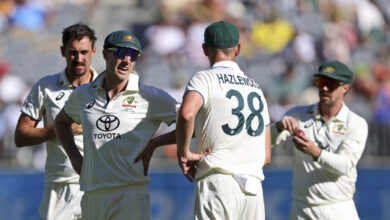World Athletics tightens restrictions on transgender, DSD athletes

World Athletics has banned transgender women from competing in elite female competitions if they have gone through male puberty, the sport’s governing body said on Thursday.
The council also voted to tighten restrictions on athletes with Differences in Sex Development (DSD), cutting the maximum amount of plasma testosterone for athletes in half, to 2.5 nanomoles per litre from five.
The tighter rules will impact DSD athletes such as two-times Olympic 800 metre champion Caster Semenya, Chrine Mboma, the 2020 Olympic silver medall in the 200m, and Francine Niyonsaba, who finished runner-up to Semenya in the 800 at the 2016 Olympics.
World Athletics president Sebastian Coe told a news conference that the decision to exclude transgender women was based “on the overarching need to protect the female category”.
He added that WA would form a task force to study the issue of trans inclusion that would be chaired a transgender athlete.
Swimming’s world governing body World Aquatics voted last June to bar transgender women from elite competition if they had experienced any part of male puberty. A scientific panel had found that even after reducing their testosterone levels through medication, transgender women still had a significant advantage.
The vote passed with 71% of the national federations in favour.
WA regulations around DSD previously required women competing in events between 400 metres and a mile to maintain testosterone levels below five nanomoles per litre.
At the 2020 Olympics, South Africa’s Semenya and Burundi’s Niyonsaba were both barred from the 800m before turning their attention to the 5,000.
Semenya failed to qualify for the Games while Niyonsaba made the final before being disqualified for a lane violation.
Namibia’s Mboma, prevented from running the 400m, switched to the 200m, winning silver.
DSD athletes have male testes but do not produce enough of the hormone Dihydrotestosterone (DHT) that is necessary for the formation of male external genitalia.
Russia doping ban lifted but war ban keeps athletes out
World Athletics has voted to end its eight-year ban of the Russian Athletics Federation (RusAF) but the country’s athletes, and those of Belarus, will remain excluded from international competition because of WA’s ongoing separate ban over the invasion of Ukraine.
RusAF was banned in 2015 after the discovery of massive, state-sponsored doping and related cover-ups. A failure to meaningfully address the issue meant that the suspension remained in place.
However, Rune Andersen, head of WA’s Russia Task Force, reported that he was finally satisfied with the “new culture of good governance and zero tolerance for doping throughout the organisation” and WA’s Council subsequently voted on Thursday to lift the ban.
In recent years dozens of Russian athletes had been allowed to compete as neutrals if they could show a doping-free background but they too remain unable to compete after the Council voted to maintain the blanket ban on Russian and Belarusian athletes that came into force soon after the invasion of Ukraine a year ago.
This decision follows that last week the European Athletics Council that Russian and Belarusian athletes should remain banned from its events until the war in Ukraine is ended.







